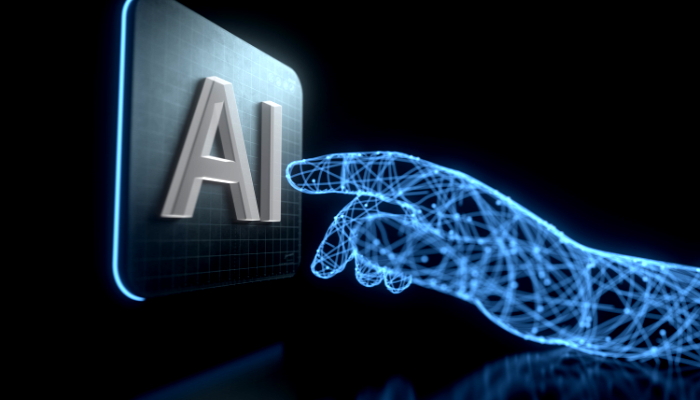
The advancement of artificial intelligence (AI) tools will increase cyberattacks, making it easier for less sophisticated hackers to do digital damage, Britain’s Government Communications Headquarters (GCHQ) spy agency warned.
The National Cyber Security Centre (NCSC), part of GCHQ, predicted that the lower barrier of entry will contribute to a global surge in ransomware attacks, where criminals demand a digital ransom after encrypting computer systems.
Reuters, citing the agency's report, stated: "AI will almost certainly increase the volume and heighten the impact of cyberattacks over the next two years. However, the impact on the cyber threat will be uneven."
The report highlights that the greatest increase in capability for malicious actors is expected among opportunistic hackers who may lack the skills for more complicated attacks.
Read more: WHO warns of potential AI risks for healthcare
The use of generative AI tools, such as chatbots, is cited as a means to create more convincing emails or documents for online phishing campaigns.
According to the report, at an advanced level, state-backed hackers were “best placed to harness AI’s potential in advanced cyber operations against networks, for example, use in advanced malware generation”
Security concerns related to algorithms capable of generating human-like interactions, often referred to as large language models (LLMs), such as OpenAI's ChatGPT, are a growing focus for intelligence agencies globally.
The article notes that British, US, and Canadian authorities have observed hackers adopting AI technology for malicious purposes.
















